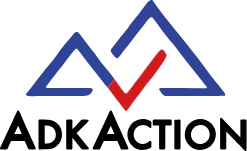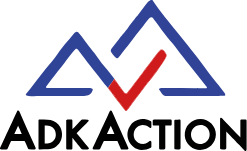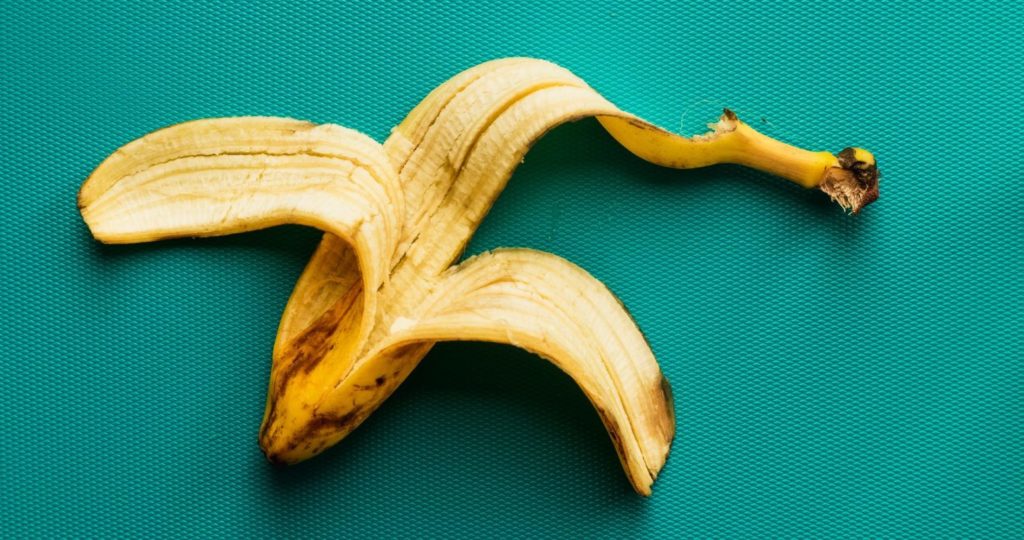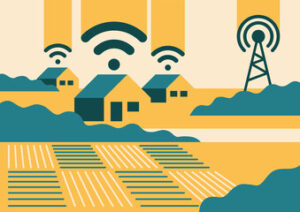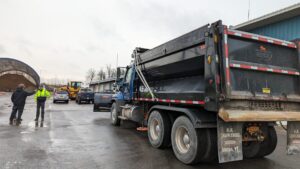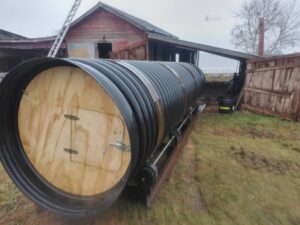By John Culpepper, Katie Culpepper, and Jennifer Perry, Compost for Good
Beginning January 1st, 2022, the Food Donation and Food Scraps Recycling Law (FDFSRL) will be enacted through the NYSDEC with the goal of reducing the amount of food scraps that end up in landfills.
Landfilled food “waste” decomposes in the absence of oxygen, generating methane gas that is, according to the US EPA, 28-36 times more potent than carbon dioxide as a greenhouse gas. The DEC and its broad network of partners seeks to promote the reimagining of organic waste as a resource. Food products treated as waste adversely impact air quality and cost the disposer money through expensive tipping fees. When considered as a resource, unused food can become an important addition to food shelters, or a valuable plant food through compost, among many other potential benefits.
FDFSRL initially targets large-scale producers of food scraps, but we have little doubt that in time, landfilling food scraps will be banned altogether in NYS, who joins five other states that are committed to putting food “waste” to beneficial uses. Vermont has been a leader in this effort. You can learn more about their Universal Recycling Law, which took effect in 2020 and impacts all generators of food waste from large producers to individual Vermont residents.
Here are a few reasons why we believe FDFSRL is a good idea:
- Food scraps contain nutrients that can be turned into a valuable resource called compost. Compost is a soil amendment that restores soil fertility, increases nutrient and water holding capacity of soils, improves soil structure (which allows for better root growth), and in many cases allows soils to become a sink for atmospheric carbon dioxide.
- Recycling plant nutrients reduces the need to bring in expensive fertilizer from outside our region.
- There is a growing demand for compost, and therefore opportunities for entrepreneurs to create new businesses throughout New York State and beyond.
- When buried in landfills, food scraps are a significant contributor to climate change.
- In many places, we are running out of space for landfills and creating new landfills is expensive.
- And in our opinion, digging a hole in the ground and burying anything of value is just plain dumb!
Learn more:
The founders of Compost for Good – Katie, Jennifer, and John – are here to help you learn more about the law, the biology of the composting process, and community-scale composting options. We love to hear from municipal leaders, aspiring entrepreneurs, community champions, local farmers, or just about anyone interested in composting. Please reach out to us at: [email protected]
Compost for Good is cultivating a growing number of resources about composting in New York State and beyond. Visit the Compost for Good project page for resources to help your community prepare for FDFSRL, including a recording of a recent presentation hosted by the DEC, Compost for Good, and AdkAction. You can also view the presentation slides here.
Facebook users can also check out our new Compost for Good facebook page for more upcoming events and other resources.
Nuances of the FDFSRL can be found in Margaret Brown’s recent Natural Resources Defense Council’s article, New York State Passes Landmark Food Waste Bill.
